Geraldine Horan (London) p.14-39
2011 Issue 1
Abstract
Research into the topic of swearing in modern German reveals contradictory attitudes and opinions. Swearing, in the sense of insulting another or swearing at oneself, is regarded as a taboo utterance, and is widely condemned for being aggressive, a sign of low social standing, and of poor and inappropriate language use. Yet swearing is a common feature of everyday language and there are contexts in which certain speakers of a particular status use swearing spontaneously, or strategically, and this is positively connoted. This would suggest a more nuanced and sophisticated understanding of swearing in the speech community, which is essential in acquiring communicative competence in the language The analysis in this article focuses on popular attitudes to swearing, both folk linguistic and social, and on the role of the Schimpfwörterbuch. There are a large number of swearing dictionaries in German, the majority of which are dialect swearing dictionaries. Drawing on theories of language, status and power by Bourdieu (1991, 2010), and linguistic research conducted by Andersson & Trudgill (1990), McEnery (2006), Shandler (2006), and Reershemius (2009), this article will explore the relationship between swearing and power in modern German, and will discuss to what extent the existence of swearing dictionaries reveals not only an interest and delight in taboo language, but also a desire to establish a regional or group identity through reference to such publications.
